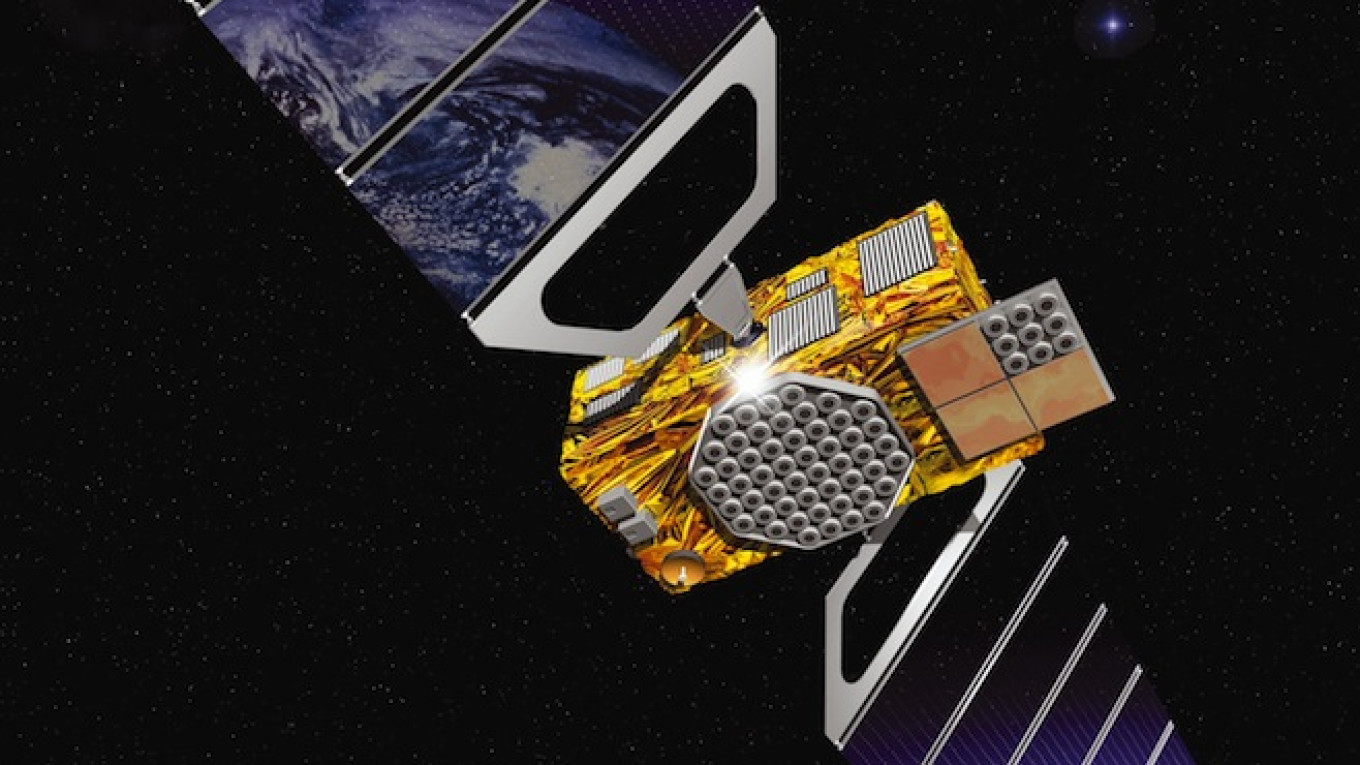When a Russian rocket launched two European Galileo navigation satellites into an incorrect orbit last year, many thought the two spacecraft were destined to become little more than very expensive space junk.
But now, the European Space Agency has found a new use for the wayward navigation satellites: conducting the most rigorous test thus far of one of the key predictions of Albert Einstein's general theory of relativity — that time slows down the closer you are to a heavy object.
One physicist at Canada's University of Manitoba, Gerald Gwinner, called the idea a “brilliant” use of two otherwise useless satellites. ?€?Even a mishap can be turned into something useful and fascinating,?€? said Gwinner in comments carried by Nature.com,
?€?This is a classic case of 'When life gives you lemons, make lemonade,’?€? he said.
The two satellites were intended to be used as part of Galileo, Europe's answer to the U.S. Global Positioning System (GPS), which required the Russian Soyuz rocket to deliver them into circular orbits, but a guidance error sent them into elliptical orbits.
While this orbit prevents the satellites from being used for navigation, their varying distance from the Earth, combined with the clocks aboard the spacecraft, allow scientists at the European Space Agency to measure the passage of time throughout the satellites' orbits, Nature.com reported Friday.
A Message from The Moscow Times:
Dear readers,
We are facing unprecedented challenges. Russia's Prosecutor General's Office has designated The Moscow Times as an "undesirable" organization, criminalizing our work and putting our staff at risk of prosecution. This follows our earlier unjust labeling as a "foreign agent."
These actions are direct attempts to silence independent journalism in Russia. The authorities claim our work "discredits the decisions of the Russian leadership." We see things differently: we strive to provide accurate, unbiased reporting on Russia.
We, the journalists of The Moscow Times, refuse to be silenced. But to continue our work, we need your help.
Your support, no matter how small, makes a world of difference. If you can, please support us monthly starting from just $2. It's quick to set up, and every contribution makes a significant impact.
By supporting The Moscow Times, you're defending open, independent journalism in the face of repression. Thank you for standing with us.
Remind me later.


